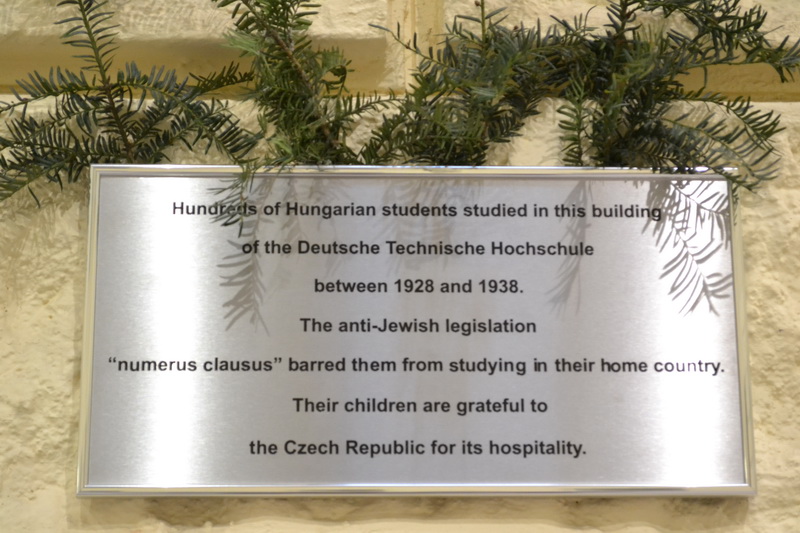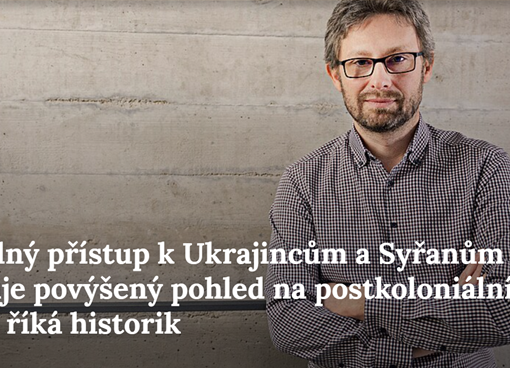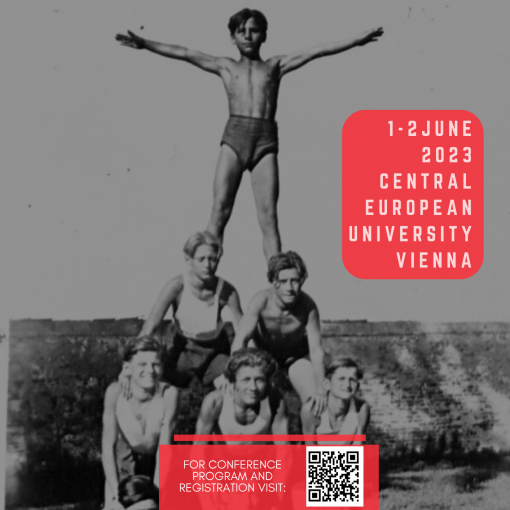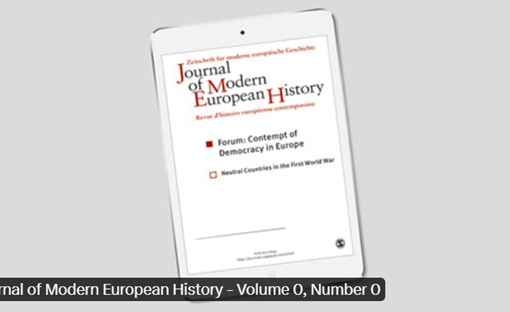The Unlikely refuge? team member Ágnes Katalin Kelemen participated at the annual conference of the Hungarian Association of Canada with a paper on Hungarian Jews at German Universities in interwar Czechoslovakia.
A Rarely Told Central European Story: Hungarian Jews at German Universities in Czechoslovakia (1918-38)
Abstract
Hungarian Jewry was shocked by the twin traumas of Trianon and the numerus clausus in 1920. The Treaty of Trianon separated half of them from Hungary in terms of citizenship. This was also the case of Jews in Hungary’s former Northern territories acquired by Czechoslovakia: 135,000 Jews in Slovakia and 93,000 in Subcarpathian Ruthenia. In the meantime, the executive ordinance of the numerus clausus law separated all Jews from the Hungarian nation by listing them among the country’s national minorities. This was not merely of symbolic, but also of practical significance. Consequently, the situation of Jews, even if they considered themselves as Hungarian nationals, turned out to be more favorable in the First Czechoslovak Republic when compared to the condition of their coreligionists in post-Trianon Hungary.
Hence, young Jewish intellectuals driven off from Hungary discovered Czechoslovakia’s institutions of higher learning as places to pursue their aspirations frustrated in Hungary by the Jewish quota. They were not undisputedly welcome, since by choosing the German universities and colleges they (unintentionally) served the interests of the German minority and enraged Czech nationalists. Within the German institutions, they encountered anti-Jewish hostility. While these institutions owed their survival in the Czechoslovak state to the high number of foreign students who were mostly Jewish, antisemitic student organizations were strengthening on their campuses during the 1920s and 1930s.
And yet, nostalgia in hindsight made the refugees of the Hungarian numerus clausus unremember such conspicuous manifestations of Czech and German antisemitism and xenophobia as the Steinherz-Affair (1922-23), the 1928 legislation against foreign graduates of Czechoslovak universities and the 1929 movement for the introduction of a numerus clausus. This phenomenon will be demonstrated in the here proposed paper on the basis of archival research and published ego documents concerning Prague, Brno and Liberec.




